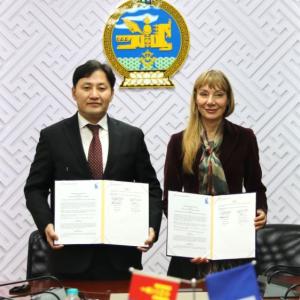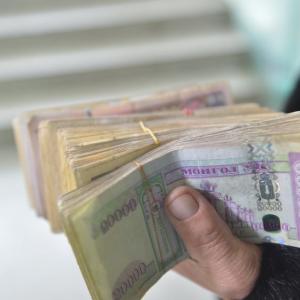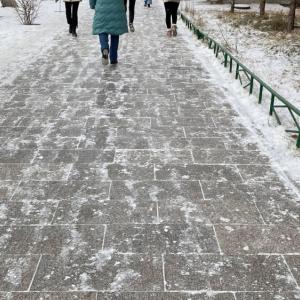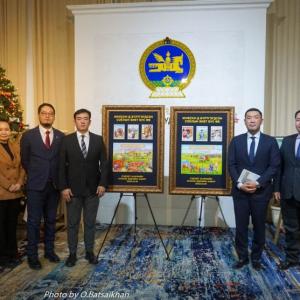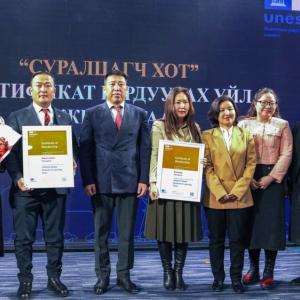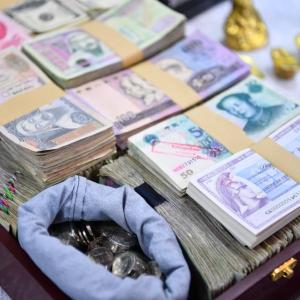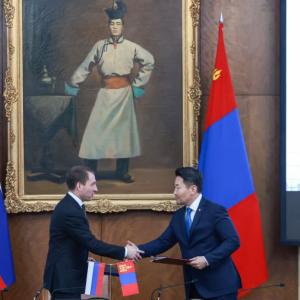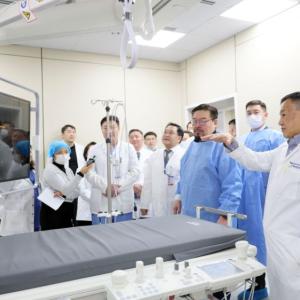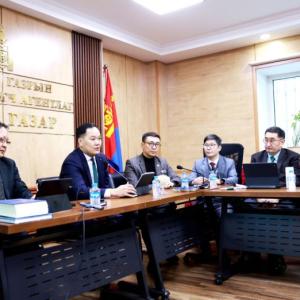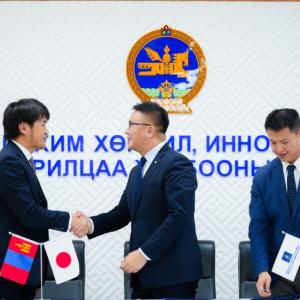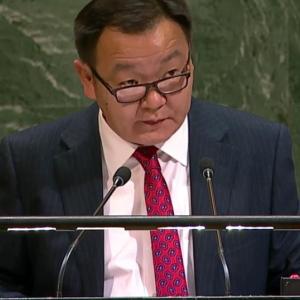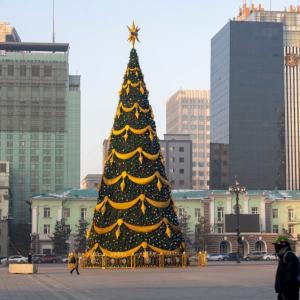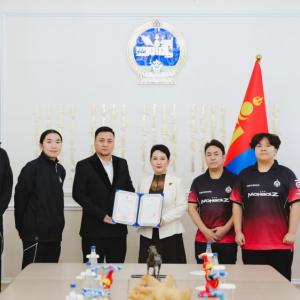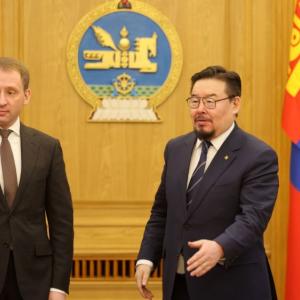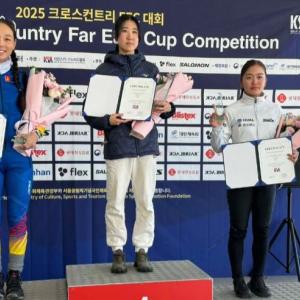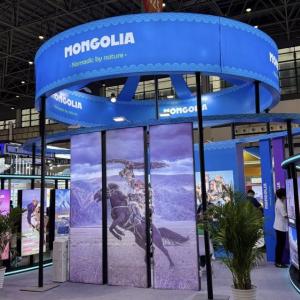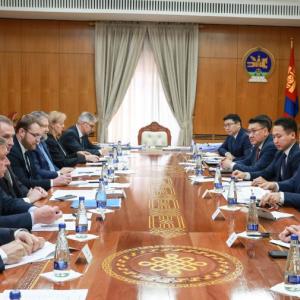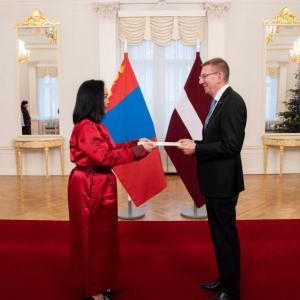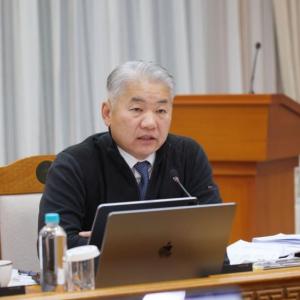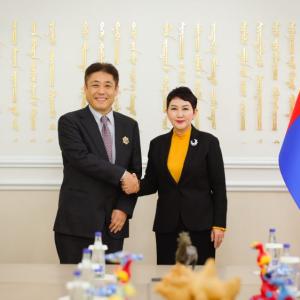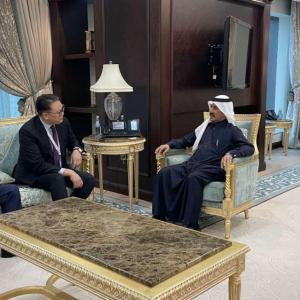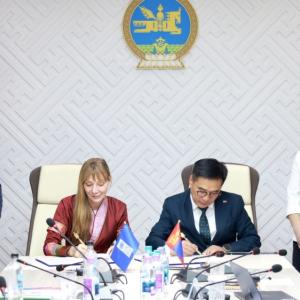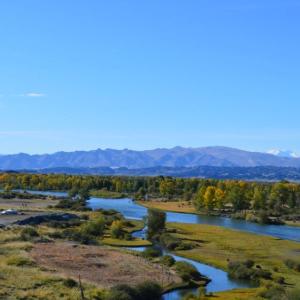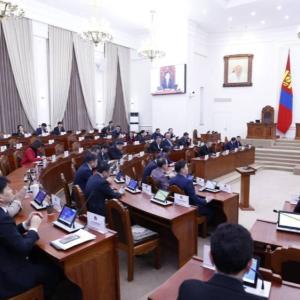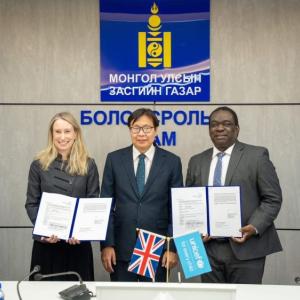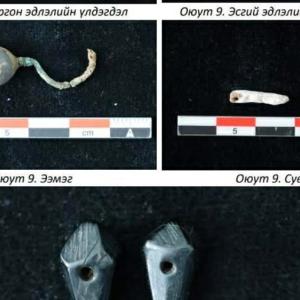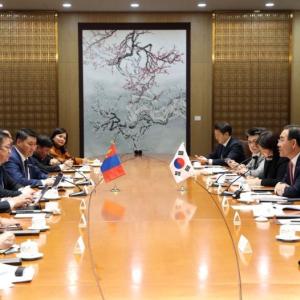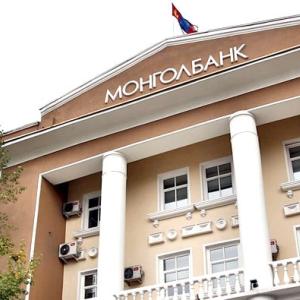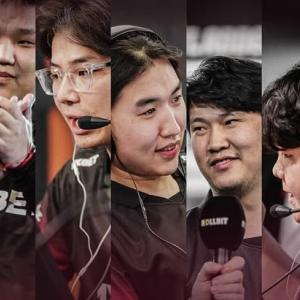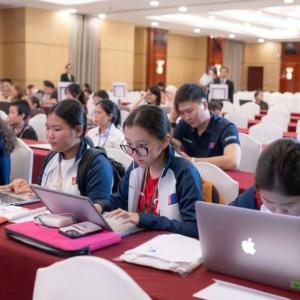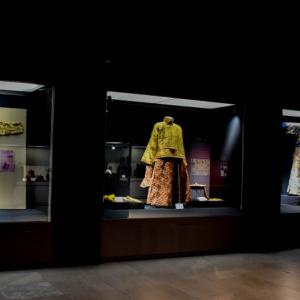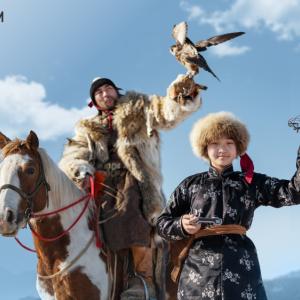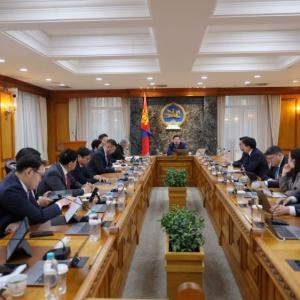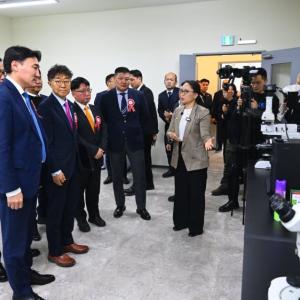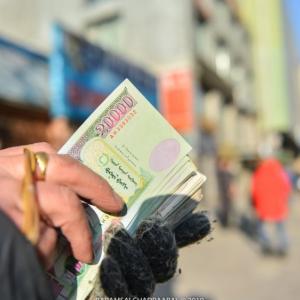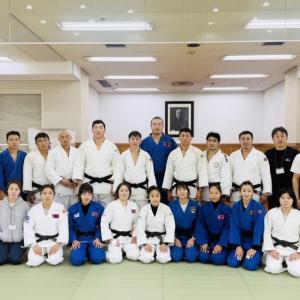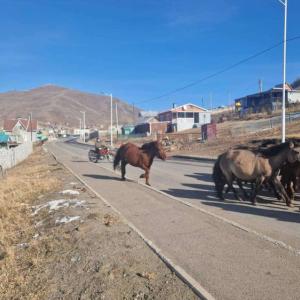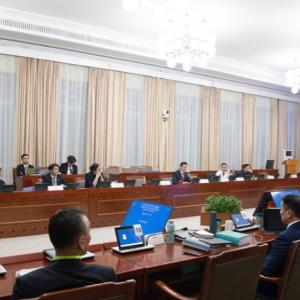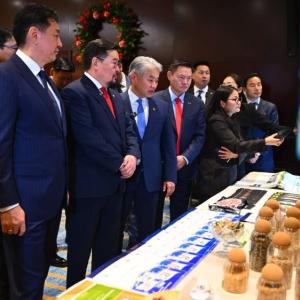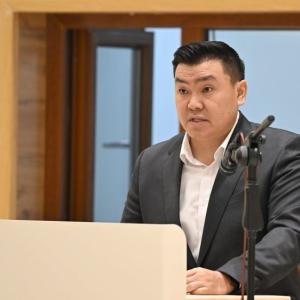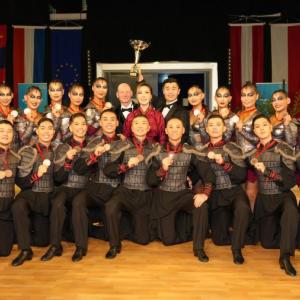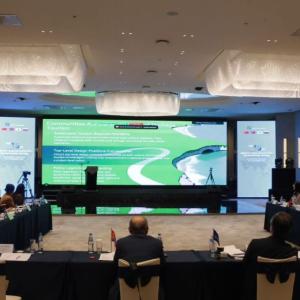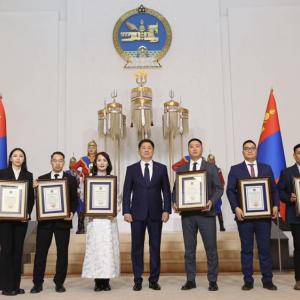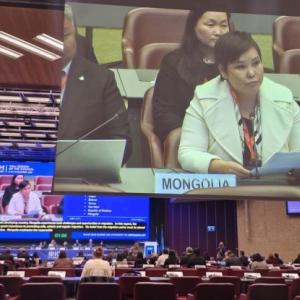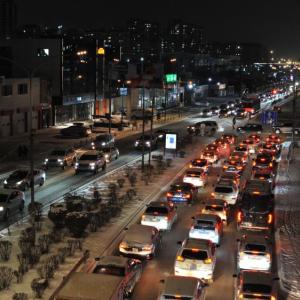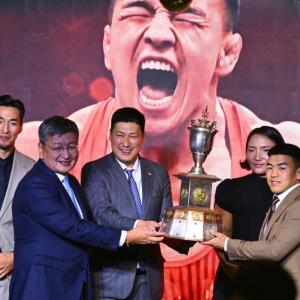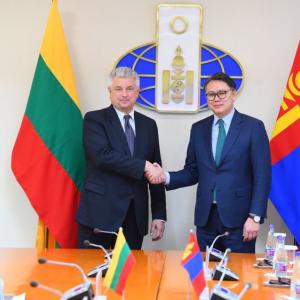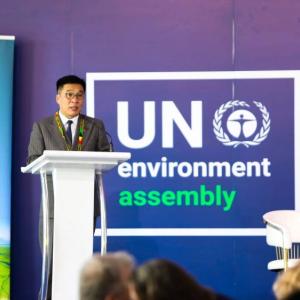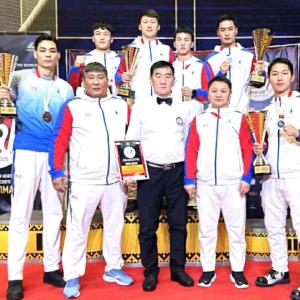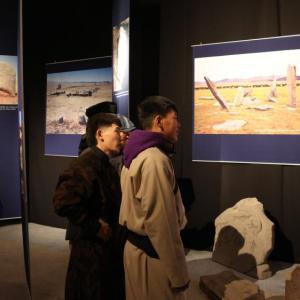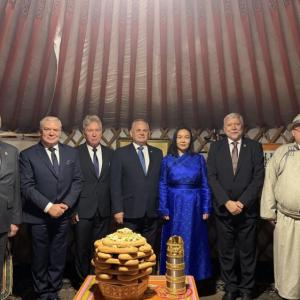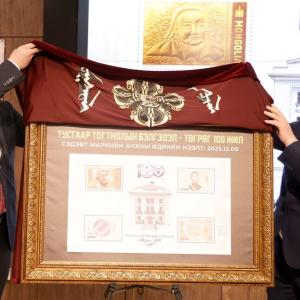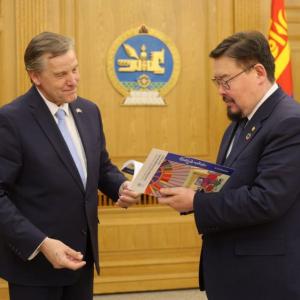International Academic Conference on “The Epic of Jangar and Jangar Studies” Held in Honor of Scholar U. Zagdsuren
Art & Culture
Ulaanbaatar, November 12, 2024 /MONTSAME/. In commemoration of the 105th anniversary of the birth of U. Zagdsuren, a prominent scholar of oral literature and researcher of Mongolian epics, folk songs, and traditional manuscripts, the Institute of Language and Literature at the Mongolian Academy of Sciences, in collaboration with the National Council on Language Policy and the National Museum of Mongolia, organized the International Academic Conference on “The Epic of Jangar and Jangar Studies.”
The International Academic Conference took place at the National Museum of Mongolia, convening over 40 scholars from Mongolia, China, Russia, South Korea, and Uzbekistan to discuss U. Zagdsuren’s contributions to “Jangar” studies and the field itself. One of Zagdsuren’s key achievements was debunking researchers’ understanding that “The Epic of Jangar” only related to the Kalmyks in the Volga region by personally gathering evidence that it related to the homeland of Mongolia. Not only did he specialize his research on “The Epic of Jangar” but highlighted how the epic spread through oral and written traditions in Mongolia, and laid the foundation for expanding “Jangar” studies.
“Jangar” studies began in the late 19th and early 20th centuries when German and Russian scholars first introduced “The Epic of Jangar” to the world after discovering it among the Kalmyk people near the Volga River. Further research established its prevalence among the Oirats in Xinjiang, China. Mongolian researchers later demonstrated that “Jangar” is a heroic epic of the Mongol ethnicity. At the International Academic Conference, scholars emphasized the need to continue broadening “Jangar” studies, to document the various forms of “The Epic of Jangar” still preserved among the people, and to compile the original texts.
The Mongolian Academy of Sciences has collected numerous oral versions of Jangar from Mongolia, publishing them in two editions. In 1963, scholar T. Dugersuren translated 13 chapters of “The Epic of Jangar” from the Kalmyk language, and in 2000, his descendants expanded the translation to 26 chapters. The foundation for compiling a complete, selected edition of Jangar’s chapters was laid by the esteemed scholar and writer Ts. Damdinsuren. B. Rinchen, a renowned Mongolist, entrusted his student T. Galsan with compiling and preparing a selected edition, which was published in 2006 as “The Mongolian Jangar,” a monumental work offered to the people of Mongolia. “The Epic of Jangar,” composed in poetic form, embodies elements of politics, religion, Mongolian lifestyle, and history, serving as a treasure of Mongolian cultural heritage. Over the past three years, teachers in Gobi-Altai aimag have introduced “Jangar” lessons to 1,300 students and held two national “Jangar” academic conferences and recitation events.
On January 29, 2019, the President of Mongolia issued Decree No.13, titled “On Promoting Mongolian Heroic Epics,” to honor and promote this cultural treasure and the heroic epics passed down through generations as a source of pride for the Mongolian people.











